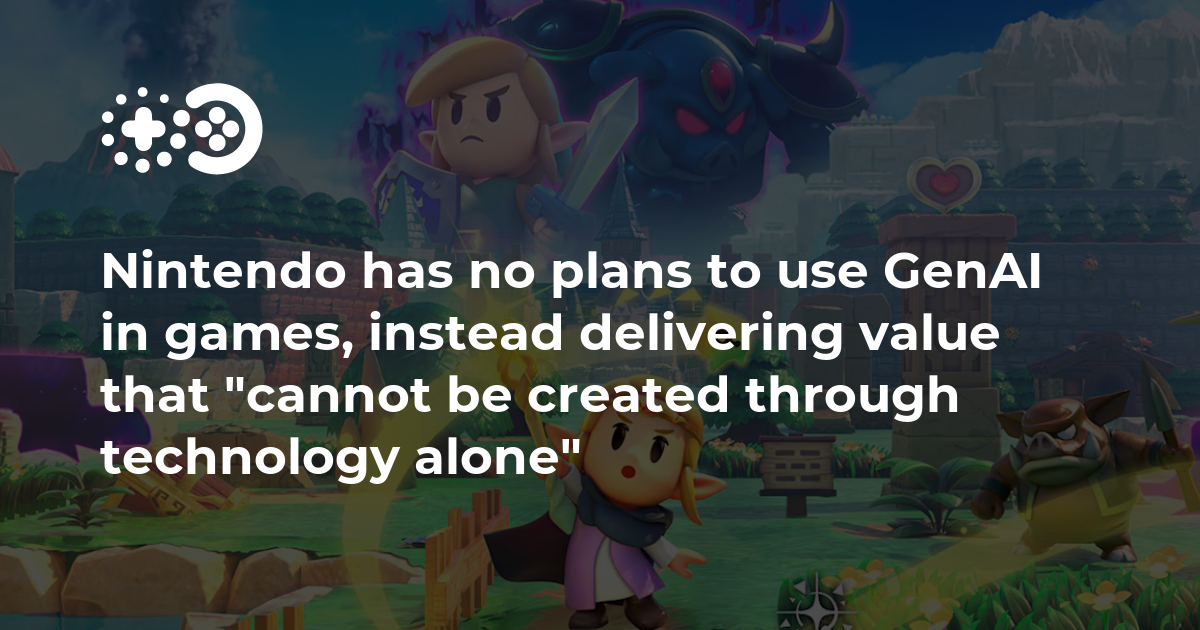The use of Artificial Intelligence (AI) in game development is a topic that has gained significant attention in the tech industry. As more companies look to incorporate Large Language Models (LLMs) and similar technologies into their processes, Nintendo has taken a different stance on the matter.
During a recent Q&A session with investors, Nintendo president Shuntaro Furukawa discussed the close relationship between game development and AI-related technology. While AI has traditionally been used for simulating non-player character (NPC) behavior, it is now being associated more with generative AI, which is attracting investors and executives looking to streamline costs.
Furukawa noted that generative AI can be used creatively, but Nintendo currently has no plans to incorporate it into their first-party games. One of the main reasons for this decision is the potential copyright issues that may arise from using models trained on other people’s work. Nintendo has a wealth of experience in creating unique gaming experiences for its customers and aims to continue delivering value that sets them apart from others in the industry.
Unlike Nintendo, other gaming companies such as Electronic Arts and Take-Two are embracing LLMs and generative AI to enhance their development processes and efficiency. However, industry leaders like Strauss Zelnick of Take-Two stress that hit games will always be the result of human creativity rather than solely relying on technology.
On the other hand, Ubisoft has been actively investing in its proprietary generative tools like the NEO NPC project, which enables players to engage in more realistic conversations with in-game characters. By leveraging the work of real writers and artists, Ubisoft aims to enhance the gaming experience through innovative technological developments.
In conclusion, while many gaming companies are turning towards AI technology for game development, Nintendo remains skeptical about its potential impact on first-party games. Instead, they aim to continue delivering unique gaming experiences through human creativity while also taking necessary precautions against copyright issues that may arise from using models trained on other people’s work.



